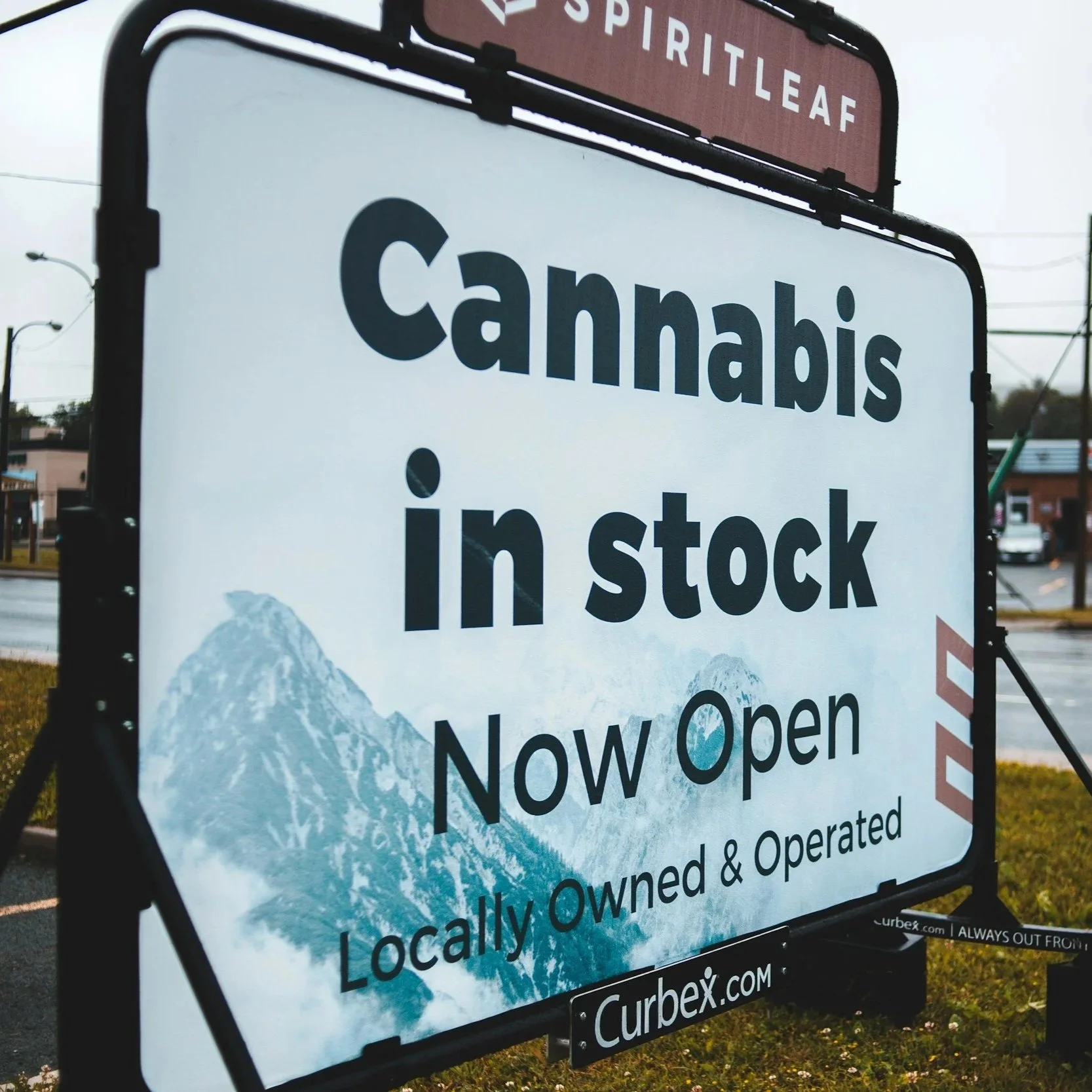Micro Cultivators, Meet Macro Scrutiny: Cost Accounting That Saves You
Dear Micro Cultivators: You’re Farmers, But the IRS Still Wants a Cost Accountant
“I just grow a few lights in my facility—the IRS isn’t worried about me.”
That’s adorable. You’re a producer, and Uncle Sam wants to see your cost structure as clearly as your canopy. The full absorption method under § 471-11 isn’t optional—it’s your lifeline for keeping more of your hard-earned money.
A History of Farming Costs in the Tax Code
Section 471 of the Internal Revenue Code didn’t sprout out of cannabis legalization. It’s been the backbone of farm and manufacturing accounting since the 1960s. Cultivators—just like farmers—are required to use the full absorption method under Treas. Reg. § 1.471-11, which states:
“Full absorption costing is the method under which all direct and indirect production costs are allocated to inventory, including an appropriate portion of fixed and variable overhead.”
Translation: if it touches your grow, it probably belongs in inventory—not as an expense on your P&L. Fertilizer, grow lights, water, labor, rent, security, depreciation—if it’s production-related, it gets absorbed into the cost of goods sold.
What the IRS Says About Micro Cultivators
If you put a seed in dirt (or a clone in a rockwool cube), you’re a producer. That means:
You must allocate raw materials, nutrients, soil, grow media, labor, utilities, and overhead into inventory.
You can’t deduct these costs until the product is sold.
You must reconcile plant stages to the penny, not just “guesstimate.”
✅ Done correctly: you preserve every allowable deduction.
❌ Done lazily: IRS disallows your entire COGS, just like they did in San Jose Wellness.
Why Micro Cultivators Can’t Wing It
Margins are razor thin. You don’t have the economies of scale that the multi-state guys do. Every penny counts when:
Drying rooms eat up 10% of your yield in water weight.
Hand trimming vs. machine trimming changes your cost per pound.
Nutrient waste sneaks into every grow cycle.
A cost accountant isn’t just an IRS bodyguard—they’re your tool for finding the true cost per gram, making sure you’re pricing right, staying solvent, and protecting every deduction available under § 471-11.
The Legalization Myth
Here’s the part too many cultivators get wrong: rescheduling or even full federal legalization won’t erase § 471. These rules were written long before cannabis was on the IRS’s radar. Section 471-11 applies to all producers and manufacturers—whether you grow soybeans, raise cattle, or cultivate cannabis.
There’s no indication that the IRS will abandon or soften these foundations. They’ve been consistent for over 60 years. The only difference is that cannabis is trapped under 280E, which makes getting § 471-11 right your only real tax strategy.
Conclusion
Not all accountants or CPAs are built for this industry. You need someone who lives and breathes cannabis, knows the IRS code that governs your farm, and can build a cost model that keeps you compliant and profitable.
At Niche Accounting, we specialize in cannabis cost accounting for micro cultivators. Don’t wait until you’re knee-deep in an IRS audit—book a free consultation and let’s grow your profits like your plants.
🌿 Schedule a strategy call today
1.471-11- Inventories of Manufacturers
